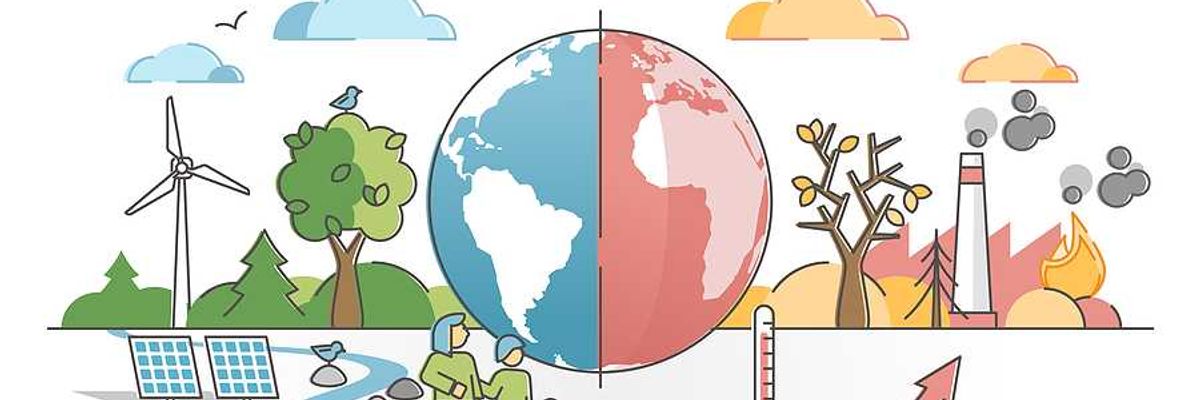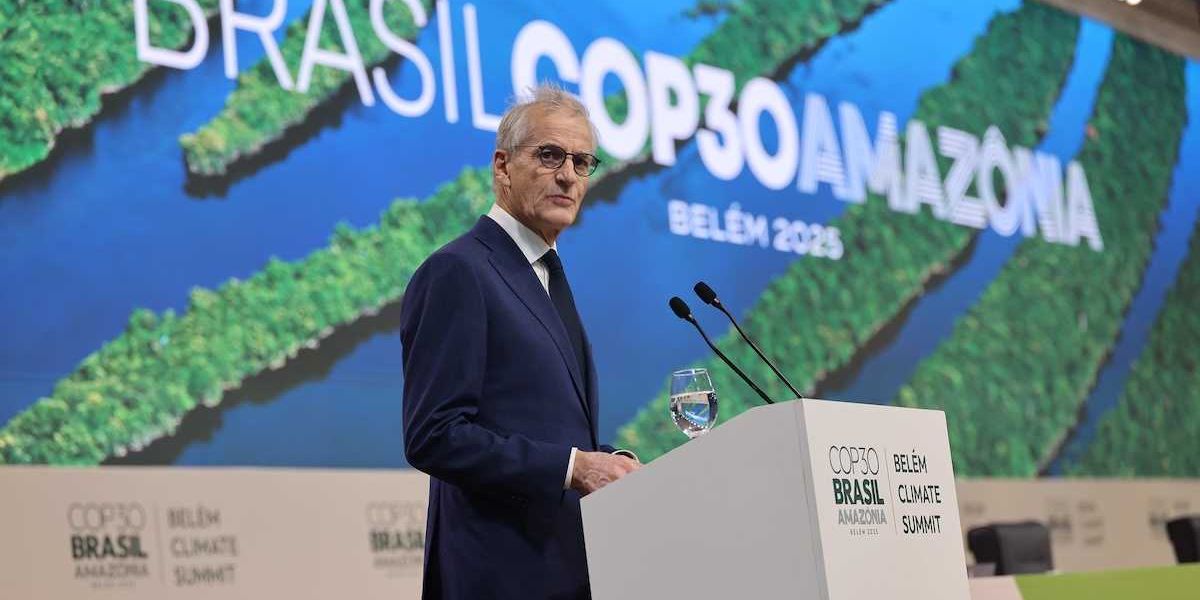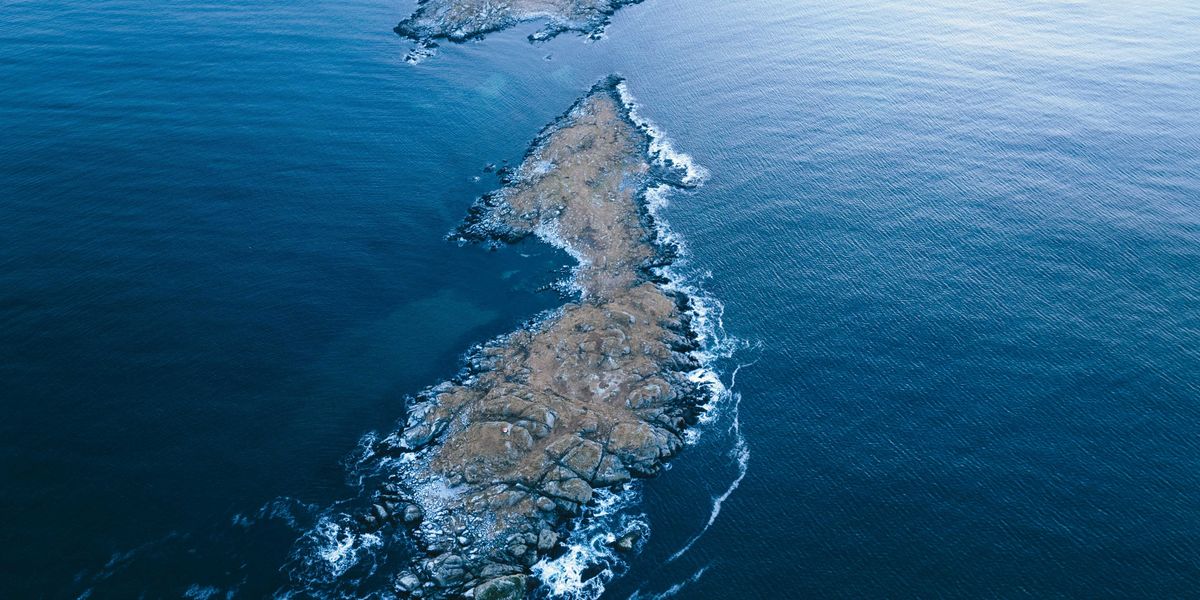climate crisis
Record-breaking heat scorches Japan and China this summer
Japan experienced its hottest summer on record, while parts of China logged their warmest August ever, as both nations faced extreme heatwaves driven by climate change.
In short:
- Japan recorded its highest average summer temperature since records began in 1898, with more than 8,800 instances of extreme heat.
- China's August temperatures were the highest ever recorded in several regions, leading to school delays and extended holidays in some provinces.
- Climate scientists warn that 2024 may become the hottest year ever recorded due to ongoing global warming.
Why this matters:
The persistent and intensifying heatwaves in Asia highlight the growing impact of climate change, stressing the need for urgent action to mitigate its effects and protect vulnerable populations.
Related coverage:
Astronomers join the battle against climate change
Astronomers are increasingly applying their skills to address climate issues, demonstrating the versatility of their scientific expertise.
Katrina Miller and Delger Erdenesanaa report for The New York Times.
In short:
- Astronomers have observed the impact of climate change on their field, prompting some to shift their focus towards Earth-based issues.
- Initiatives like Astronomers for Planet Earth and various educational efforts highlight the community's proactive stance on environmental activism.
- Notable figures in astronomy, including former Australian chief scientist Penny Sackett, have become prominent advocates for addressing climate change.
Key quote:
“I’m still kind of angry that, because of policymakers not doing enough to stop global heating, I felt compelled to leave astrophysics and become the climate scientist.”
— Peter Kalmus, climate scientist at NASA’s Jet Propulsion Laboratory.
Why this matters:
The involvement of astronomers in climate science is indicative of the urgent need for diverse scientific perspectives in combating global environmental challenges. Their unique insights help illuminate the broader implications of climate change, impacting policy and public awareness on a global scale. Read more: Unconventional pathways to science, with Dr. Katharine Hayhoe.
Climate protest defense strategy hits a legal wall in England and Wales
Climate activists in England and Wales face a significant setback as a key legal defense is stripped away.
In short:
- The Court of Appeal has ruled against the use of the "consent" defense by climate activists, a strategy that has led to several acquittals since 1971.
- This decision follows governmental concerns over the effectiveness of legal guidance for future environmental protests.
- The ruling is seen as a victory for political influence over legal proceedings, further limiting protestor rights and defenses.
Why this matters:
Climate activists are increasingly finding themselves embroiled in legal battles as they push for more aggressive action on climate change. These challenges manifest in various forms, from lawsuits aimed at compelling governments to adopt stricter emissions targets to legal actions against major fossil fuel companies for their role in climate change.
In 2021, Douglas Fischer wrote about four community activists lauded in the fight for environmental and racial justice.
Journalist Ross Gelbspan, a voice against climate denial, passes at 84
Ross Gelbspan, a journalist who exposed the financial interests fueling climate change denial, has died, leaving behind a legacy of advocacy for truth in environmental reporting.
In short:
- Gelbspan criticized the media for not adequately challenging climate change skeptics influenced by the fossil fuel industry.
- His work highlighted the deliberate spread of misinformation intended to undermine scientific consensus on global warming.
- Gelbspan's efforts contributed to a broader understanding of the environmental and health impacts of climate change, drawing parallels to the misinformation campaigns of tobacco companies.
Key quote:
"I was a journalist, not an environmentalist. I got into the issue because I learned the coal industry was paying scientists under the table to say nothing was happening to the climate."
— Ross Gelbspan
Why this matters:
Gelbspan's legacy is a reminder of the importance of integrity in reporting, especially as it relates to the well-being of our planet and public health. His work was emblematic of the critical role that journalism plays in confronting powerful interests that mislead the public on health-related issues like climate change.
Global warming surpasses crucial 1.5C mark for an entire year
World leaders committed in 2015 to try to limit the long-term temperature rise to 1.5C, which is seen as the threshold for avoiding the most damaging impacts.
In short:
- For the first time, global temperatures have exceeded the 1.5C limit set by the Paris Agreement for a full year, raising concerns about the future impacts of climate change.
- The breach, driven by human activities and exacerbated by natural phenomena like El Niño, addresses the urgent need for drastic reductions in carbon emissions.
- Despite the breach, scientists believe that with immediate action, the worst impacts of climate change can still be mitigated.
Key quote:
"Look what's happened this year with only 1.5C - we've seen floods, we've seen droughts, we've seen heatwaves and wildfires all over the world."
— Prof Sir Bob Watson, former chair of the UN's climate body.
Why this matters:
This development signals that the planet is entering a critical phase of climate change, with significant global health implications. Extreme weather events such as heatwaves, droughts, and floods have already shown their devastating effects on communities worldwide.
Living on Earth: The new climate denial
A recent report finds that social media platforms like YouTube are amplifying and sometimes profiting from new forms of climate denial that falsely claim it’s too late to act on the climate crisis.
2023 smashes record for world’s hottest year by huge margin
Rapid reduction in fossil fuel burning urgently needed to preserve liveable conditions, say scientists, as climate damage deepens.









